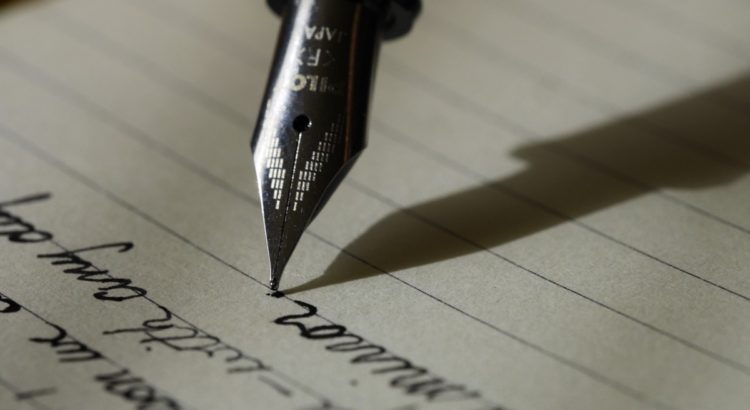Sometimes, sharing our own writing—especially with other authors—can make us feel vulnerable. The process of writing can sometimes feel like a laborious job and an emotional roller coaster, let alone sharing it with others. We don’t want others to judge us or our writing in a negative way; however, sharing our writing can actually be beneficial for the craft and its process.
Good writing requires honesty even if the truth is not always what we want to hear. Even writing a blog post can be intimidating. I know not many people tend to comment on or read my posts, but the idea of others critiquing my thoughts and amplifying every small mistake I make is terrifying. Crafting an arts, ink. blog post is often a simple process of taking my thoughts on artsy things and expressing them in text. While it seems like a trivial matter, I’m still making myself vulnerable to judgment, criticism, and misinterpretation. With my creative writing such as short stories (or the poetry I occasionally dabble in, though I know nothing about poetry), the feeling of vulnerability is amplified.
With our own writing, it’s easy to become attached. While it’s great to be passionate about our work, it’s another thing to be so defensive we reject any possible critiques. On the flip side, perhaps a writer isn’t confident with their writing, and refuses to share in fear of rejection. Either way, sharing writing with others can be beneficial in gaining an outside view on the clarity and meaning of our words. It can be both a humbling and helpful experience when we are open to suggestions made by others. Maybe certain content makes sense to the writer but not to the readers; yet, there is no way of knowing this until getting feedback from others. Why does the character do this, or what did you mean when you said that? A fresh pair of eyes will be able to pick out flaws that the writer overlooked and note if the writing is convoluted or otherwise confusing. Overall, feedback can be extremely valuable in revealing what was good about the piece and what could be worked on.
I strive to grow in my writing skills and become competent at crafting creative works. It’s something I’m passionate about and would like to continue improving on after school. Why, then, would I readily subject the product of my blood, sweat, and tears to criticism? Well, writing is a balance between being critical in a constructive manner and submitting yourself to self-criticism. By sharing my writing, I’m letting others know what’s on my mind and in my heart, even if it’s through other characters or other worlds. The sharing process ultimately helps me with the examination and reexamination of my story ideas. Receiving feedback helps me discover the strengths and weaknesses of a piece in addition to the strengths and weaknesses I have as a writer overall.



